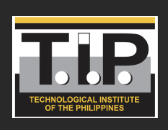The Technological Institute of the Philippines (TIP) is a renowned private higher education institution in the Philippines that focuses on education in engineering, architecture, computer science, and other technology-related fields. Here are some key facts about TIP:
Overview:
TIP was founded in 196˜ by a group of engineers and educators to meet the demand for skilled labor in the Philippines at the time.
As a technology-oriented higher education institution, TIP is known for its high-quality teaching and research achievements in engineering and technology education.
The school emphasizes the cultivation of practical skills and works closely with the industry to ensure that the course content is in sync with market demand.
Campus:
TIP has two main campuses:
Quezon City Campus: Located in Quezon City, the capital of the Philippines, in the Greater Manila area, it is the main campus of TIP.
Manila Campus: Located in the heart of Manila, close to the historical and commercial districts.
Enrollment:
TIP enrolls thousands of students each year, both undergraduate and graduate students.
The student body is diverse, with both local and international students.
Educational philosophy:
TIP is committed to cultivating technical professionals with a solid theoretical foundation and excellent practical ability.
The school adopts a "learning by doing" teaching method, encouraging students to apply what they have learned through experiments, projects and internships.
TIP also focuses on cultivating students' innovation, critical thinking and problem-solving skills.
Disciplines and departments:
TIP's courses are mainly focused on engineering and technology, but also cover other related disciplines.
The main colleges and courses include but are not limited to:
College of Engineering: offers courses such as civil engineering, electronic engineering, mechanical engineering, and computer engineering.
College of Architecture and Design: offers courses such as architecture and interior design.
School of Information Technology: offers courses such as computer science, information technology, and software engineering.
School of Business: offers courses such as business administration and marketing.
College of Natural Sciences: offers basic science courses such as mathematics, physics, and chemistry.
In addition, TIP also offers a range of graduate programs, such as Master of Engineering Management and Master of Information Technology.
Ranking:
TIP enjoys a high reputation in the field of technical education in the Philippines, especially in engineering technology.
The school is often ranked as one of the top private technical colleges in the Philippines in multiple disciplines.
Some of TIP's engineering programs are accredited by the Philippine Accreditation Council for Engineering Education (PAASCU).
Cost:
As a private university, TIP's tuition may be higher than public universities.
The specific tuition varies according to the course and degree level.
TIP provides scholarships and grants to outstanding students to help them complete their studies.
Campus Life:
TIP offers a diverse campus life, including student clubs, sports activities, cultural festivals, etc.
The school encourages students to participate in internships and industry projects to increase practical work experience.
The campus is equipped with modern laboratories, libraries, sports facilities, etc., providing students with a good learning and living environment.
International Cooperation:
TIP has established cooperative relations with many universities and companies in the world to promote international academic exchanges and student exchange programs.
The school also regularly invites international experts and lecturers to the school for lectures and seminars to broaden students' international horizons.
-
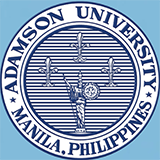
Adamson University
-
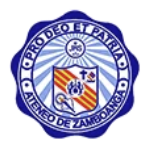
Ateneo de Zamboanga University
-
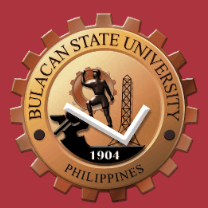
Bulacan State University
-
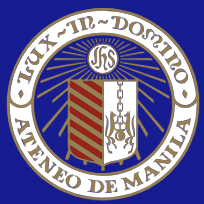
Ateneo de Manila University
-
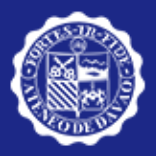
Ateneo de Davao University
-
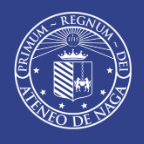
Ateneo de Naga University
-
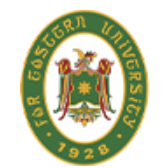
Far Eastern University
-
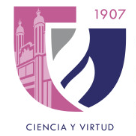
Centro Escolar University
-
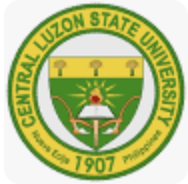
Central Luzon State University
-
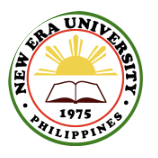
New Era University
-

Mesoamerican University
-

Istmo University
-

Mariano Galvez University of Guatemala
-

Regional University of Guatemala
-

Galileo University
-

Francisco Marroquín University
-

Rafael Landívar University
-

University of the Valley of Guatemala
-

University of San Carlos of Guatemala
-

Technological Institute of Tlaxcala Plateau
-

Golfo University
-

Technological University of South Sonora
-

Technological University of Huejotzingo
-

Tizimín Institute of Technology
-

Chilpancingo Institute of Technology

